Your cholesterol numbers are through the roof, your doctor is looking at you with those disappointed eyes, and now you’re Googling how to fix it. Been there.
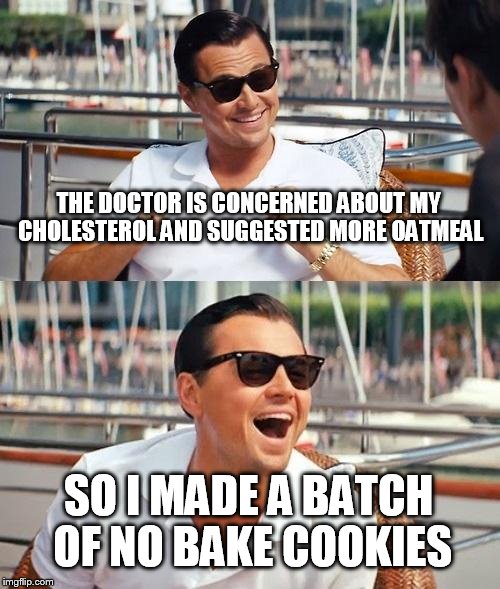
Tracking Your Meals: The Secret Weapon for Controlling Cholesterol
Ever notice how we track everything these days? Steps, sleep, screen time but not the one thing that might actually save our hearts – what we eat.
Let’s talk about how meal tracking can be your secret weapon against high cholesterol (without making you lose your mind in the process).
Why Tracking What You Eat Actually Matters
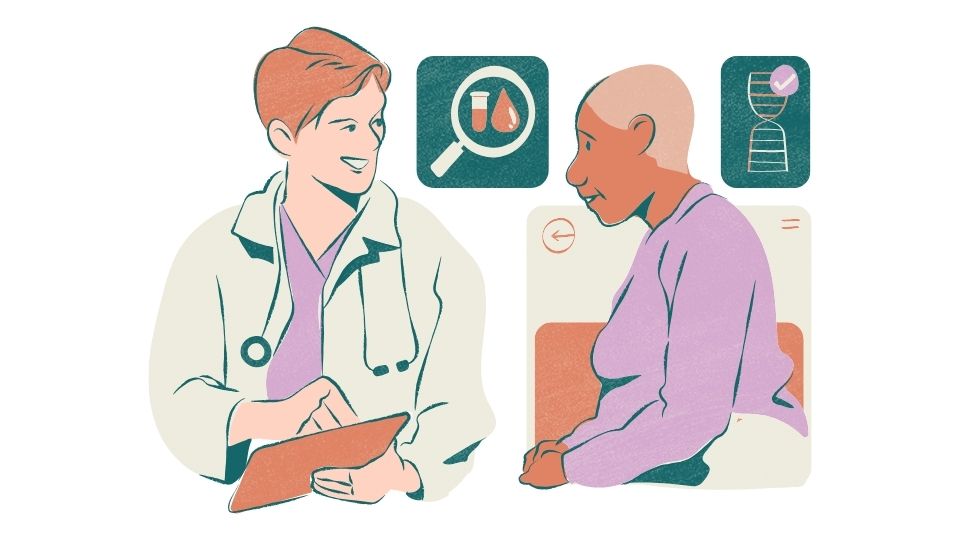
Look, I’m not here to tell you that you need to count every calorie or fat gram for the rest of your life. But here’s the deal: most of us have no idea what we’re actually eating day to day.
When you track your meals, magical things happen:
- You start to see patterns (like how you always grab that donut on Mondays)
- You catch those “little” indulgences that add up
- You connect what you eat with how you feel
- You make better choices without even thinking about it
Research shows that people who track their food intake lose twice as much weight as those who don’t. And what helps with weight often helps with cholesterol too.
Cholesterol-Friendly Eating That Doesn’t Suck
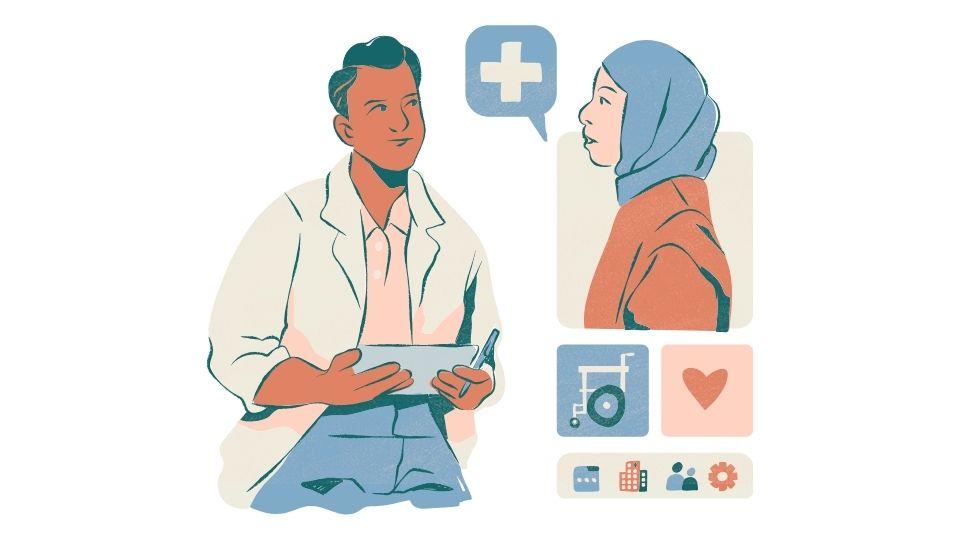
I used to think cholesterol-friendly eating meant sad, flavorless meals. Turns out, it’s not about eating like a rabbit – it’s about eating smarter.
The Good Stuff (Eat More)
- Fiber superstars : Oats, beans, avocados, and berries literally grab cholesterol and show it the exit door
- Fatty fish : Salmon, mackerel, and sardines (omega-3s are cholesterol’s kryptonite)
- Nuts and seeds : A handful daily can lower LDL by 5%
- Olive oil : The Mediterranean diet’s secret weapon against heart disease
The Not-So-Good Stuff (Eat Less)
- Trans fats: These artificial monsters raise LDL and lower HDL (the worst combo)
- Processed meats: Sorry bacon lovers, but there’s a reason your doctor sighs when you mention your weekend brunch habits
- Added sugars: They’re sneaky cholesterol boosters hiding in everything from pasta sauce to “healthy” granola bars
Diet Strategies That Actually Work
The Mediterranean diet isn’t just a trend – it’s backed by serious science. One study showed it reduced heart disease risk by 30%. Think more olive oil, fish, nuts, and vegetables – less processed junk.
Even better than rigid “diets” is building sustainable habits. Maybe that’s Meatless Mondays or fish twice a week. Small, consistent changes beat dramatic overhauls every time.
Tech That Makes Tracking Less Painful
Let’s be honest – tracking every bite sounds like torture. But today’s apps make it surprisingly painless (and sometimes even fun).
Apps Worth Trying
Cronometer: For the data nerds who want to track every micronutrient (yes, including cholesterol)
MyFitnessPal: The OG food tracker with a database so huge you can find that weird international snack you love
Ate Food Diary: For people who hate counting but will take photos of their meals (focuses on how food makes you feel)
Lifesum: Makes healthy eating feel like a game with visual meal ratings and personalized advice
The American Heart Association also has some great tools that focus specifically on heart health.
The DIY Cholesterol Diary
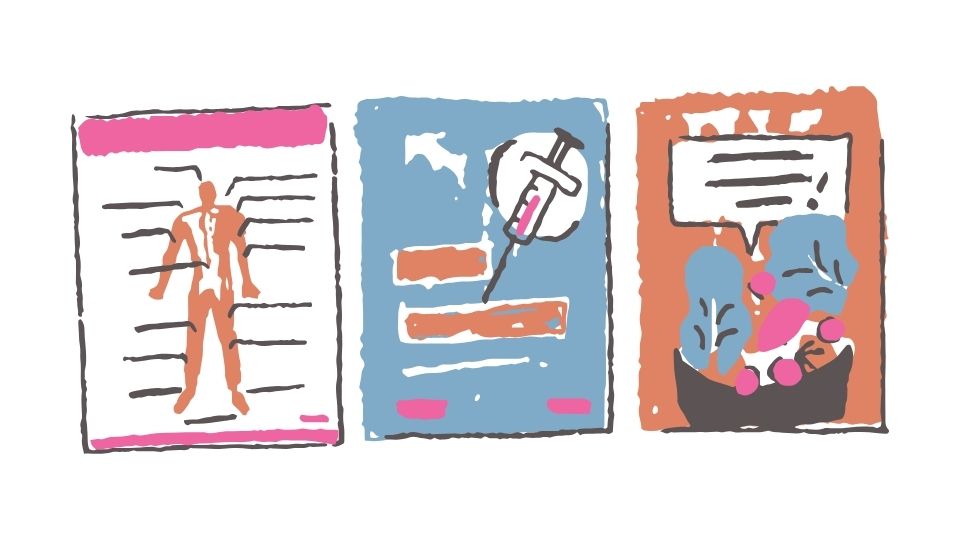
Not into apps? Grab a notebook and try this simple approach:
- Write down everything you eat for 3-7 days (be brutally honest)
- Circle foods high in saturated/trans fats
- Highlight foods that are heart-healthy
- Look for patterns and pick ONE thing to change next week
This isn’t about perfect tracking – it’s about awareness. Even tracking for just a week can reveal eye-opening patterns.
Making This Actually Work In Real Life
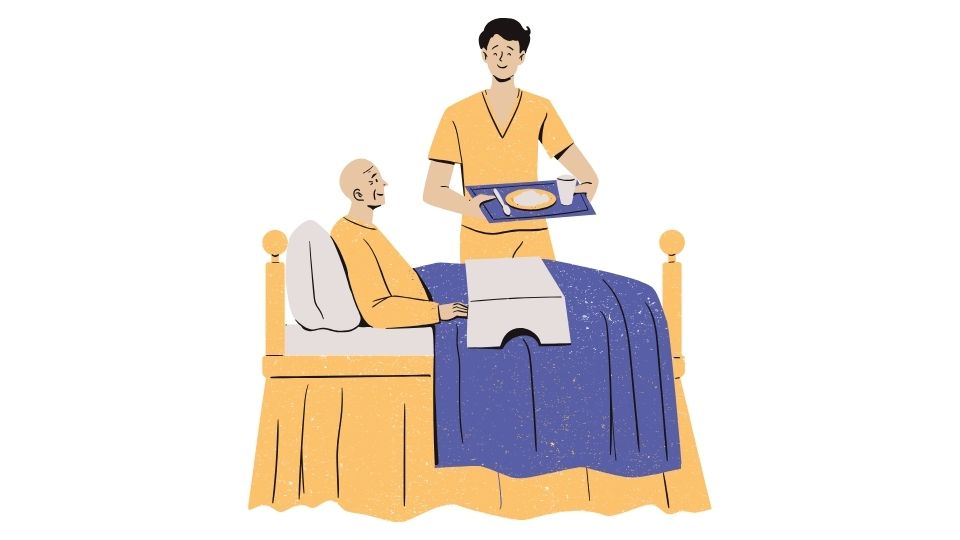
The best tracking system is the one you’ll actually use. Here’s how to make it stick:
- Start stupidly simple: Track just one meal a day if tracking everything feels overwhelming
- Don’t aim for perfection: Missing a day (or three) doesn’t mean you failed
- Find your “why”: Maybe it’s being around for your grandkids or avoiding the medications your parents take
- Celebrate wins: Did your cholesterol drop 10 points? That deserves a non-food reward!
The Bottom Line
Tracking what you eat isn’t about obsession or restriction – it’s about information. Information that could literally save your heart.
Will you track everything forever? Probably not. But a few weeks or months of consistent tracking can permanently upgrade your eating habits and your cholesterol numbers.
The Harvard T.H. Chan School of Public Health recommends focusing on overall dietary patterns rather than individual nutrients. This balanced approach makes sustainable change possible.
So grab an app, a notebook, or even just take pictures of your meals. Your future self (and your doctor) will thank you at your next cholesterol check.



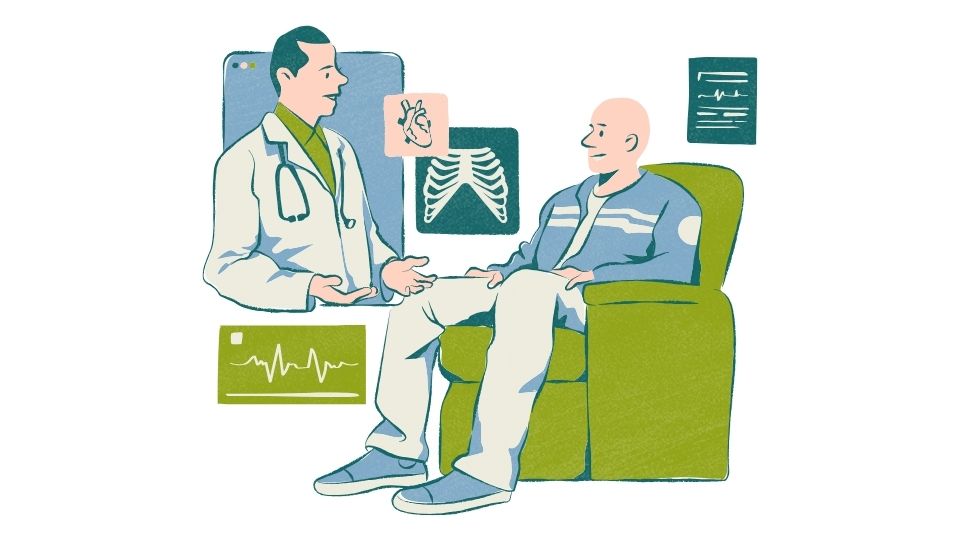
Leave a Reply